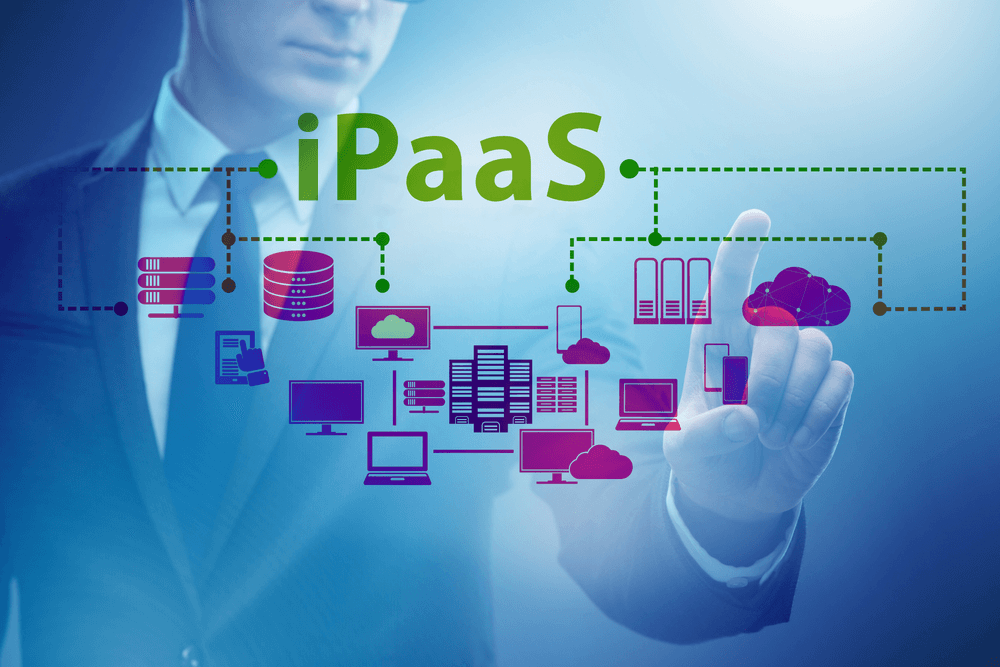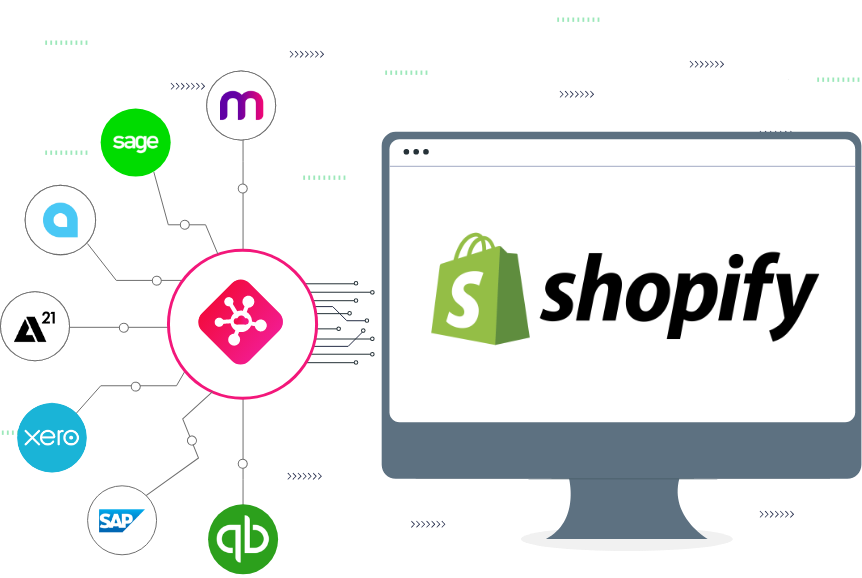In the bustling world of e-commerce, Shopify stands out as a leading platform that empowers merchants to create and manage their online stores with ease. However, the real magic happens when Shopify is integrated with other essential business tools, from accounting software and email marketing platforms to customer relationship management (CRM) systems and inventory management solutions. These integrations are key to creating a seamless, efficient, and highly personalized shopping experience. Integration Platform as a Service (PaaS) plays a crucial role in enabling these connections, offering a flexible and scalable approach to integrating diverse systems. Let’s delve into how Shopify integrations, powered by iPaaS, can transform the e-commerce landscape.
Enhancing E-Commerce with Shopify Integrations
Shopify’s ecosystem is designed to be extensible, supporting a wide range of integrations that extend the functionality of the platform. These integrations enable merchants to automate processes, sync data across applications, and provide a cohesive customer experience, which are essential components for e-commerce success.
Key Advantages:
- Automated Workflows: By connecting Shopify with other tools, merchants can automate various aspects of their business, from inventory updates to order fulfillment, reducing manual effort and minimizing errors.
- Unified Customer View: Integrations with CRM systems and customer support platforms allow merchants to maintain a holistic view of customer interactions and history, enhancing customer service and personalized marketing.
- Streamlined Financial Management: Connecting Shopify with accounting and invoicing tools simplifies financial tracking and management, ensuring accuracy and compliance.
The Strategic Role of iPaaS in Shopify Integrations

While Shopify offers a range of native integrations, the diverse needs of e-commerce businesses often require more complex and customized solutions. This is where iPaaS comes into the picture, providing a powerful platform that simplifies the integration of Shopify with virtually any software application, regardless of complexity.
Elevating Shopify with iPaaS:
- Customizable Integration Flows: iPaaS platforms allow businesses to design custom integration flows that match their specific processes, going beyond the capabilities of standard integrations.
- Real-Time Data Synchronization: With iPaaS, data between Shopify and other systems can be synchronized in real-time, ensuring that inventory levels, customer information, and order details are always up to date.
- Scalability and Flexibility: As businesses grow, their integration needs evolve. iPaaS solutions are inherently scalable, capable of handling an increasing volume of data and more complex workflows without sacrificing performance.
Real-World Applications and Success Stories
Many e-commerce businesses have leveraged Shopify integrations via iPaaS to streamline operations and enhance customer experiences. For example, a fashion retailer might use iPaaS to integrate Shopify with their inventory management system, email marketing platform, and bespoke customer loyalty app. This integration ensures that stock levels are automatically adjusted based on sales, customers receive personalized marketing communications based on their purchase history, and loyalty points are accurately tracked and redeemed, leading to increased customer satisfaction and repeat business.
Navigating Integration Challenges with iPaaS
Integrating multiple systems can present challenges, such as ensuring data consistency, maintaining system security, and managing the complexity of workflows. iPaaS addresses these challenges by providing a unified platform for managing all integrations, complete with tools for monitoring, error handling, and security, ensuring that Shopify integrations run smoothly and efficiently.
The Future of E-Commerce Integrations

As e-commerce continues to evolve, the importance of seamless integrations will only increase. iPaaS stands at the forefront of this evolution, offering the tools and flexibility needed to create highly integrated and automated e-commerce ecosystems. This will enable merchants to focus on growth and innovation, knowing that their operational processes are optimized and scalable.
Conclusion
Shopify integrations are indispensable for e-commerce businesses looking to maximize efficiency, enhance customer experiences, and scale their operations. With the support of iPaaS, these integrations become more powerful, flexible, and scalable, allowing merchants to tailor their systems to their unique business needs. As the digital marketplace grows more competitive, the strategic use of Shopify integrations and iPaaS will be a key differentiator for successful e-commerce ventures.



